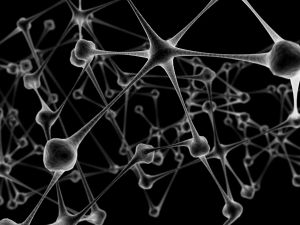Multiple Sclerosis (MS) is a neuro-immunological disease where body’s immune system attacks its own central nervous system. It is believed that either the immune system can be hyperactive or gets mis-directional to attack its own myelin sheath (a fatty substance that surrounds nerves, axons of neurons). These attacks (intermittent in nature) result into ‘demyelination’ forming scars (sclerosis) or lesions in the brain and spinal cord. This slows conduction of nerve impulses to brain resulting into numbness, weakness, pain and hamper vision.
Demyelination is followed by ‘remyelination’ (self healing process of myelin regeneration and repair). Our body has specialized cells known as Oligodendrocytes which produce myelin. The process of remyelination restores back the normal conduction and brings remittance. However, remyelination may be inadequate if there are repeat attacks making the disease progressive.
Most individuals with Multiple Sclerosis have a normal lifespan. There may be relapse and remission of attacks (exacerbations) which may lead to temporary disability. This is Relapsing-RemittingMultiple Sclerosis (RRMS). This is the most common type of MS. If left untreated the conditions may worsen leading to a poor prognosis caused by Primary Progressive (PPMS) or Secondary Progressive Multiple Sclerosis (SPMS). Multiple Sclerosis is quite unpredictable. Individuals diagnosed with the disease must consult their Physicians (Neuro-Immunologists). There are disease modifying drugs (immunosuppressants) in conventional medicine (allopath) but they have severe side effects and not necessarily block progression. Many MS patients resort to alternative healing and bring necessary changes in their lifestyle to manage and stall the disease progression and disability.
